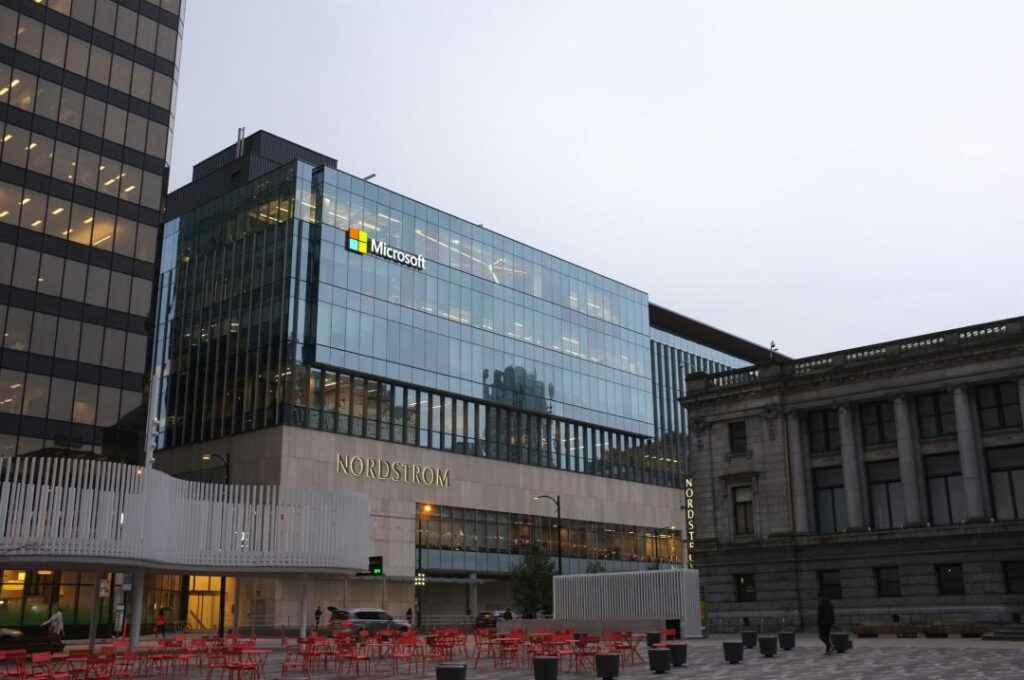Microsoft signed a 6-year agreement with The Next 150, a climate solutions provider, to purchase 95,000 tons of carbon removal credits.
Tech giant Microsoft is taking another step towards its ambitious goal of becoming carbon-negative by 2030 by signing a 6-year agreement with The Next 150, a climate solutions provider, to purchase 95,000 tons of carbon removal credits.
These credits will be generated by a biochar production facility in Guanajuato, Mexico, operated by The Next 150’s subsidiary, General Biochar Systems (GBS). Biochar is a form of charcoal created by heating organic matter in the absence of oxygen. When buried in soil, biochar acts as a natural carbon sink, trapping carbon for centuries and improving soil health.
Founded in 2022, The Next 150 focuses on developing and scaling climate solutions in emerging markets. Their Mexican biochar project not only removes carbon from the atmosphere but also benefits local farmers. The project refines waste from crops like corn and wheat into biochar, which is then distributed to farmers as a soil amendment. This biochar helps improve crop yields, reduce reliance on chemical fertilizers, and increase resilience to drought.
“The credits supplied to Microsoft under the new agreement will be produced by The Next 150’s General Biochar Systems (GBS) business unit’s first biochar plant in Guanajuato, Mexico,” the company said in a statement. The Next 150 aims to have two additional biochar plants operational in Latin America by 2025.
This agreement is just one part of Microsoft’s broader strategy to achieve carbon negativity. The company has partnered with various organizations on projects ranging from reforestation and agroforestry to direct air capture and ocean-based carbon removal.
“Our six-year purchase agreement and ongoing collaboration with The Next 150 is a step forward towards our ambition to realize our carbon negative by 2030 goal via a diversified portfolio of carbon removal solutions,” said Brian Marrs, Senior Director for Energy and Carbon Removal at Microsoft.
Source: ESG TImes































